Freelancer: Doing particular pieces of work for different organisations, rather than working all the time for a single organisation. Example – a freelance artist. – Cambridge dictionary online.
The important work done by Freelancers Make Theatre Work in compiling the fifth and final report of its The Big Freelancer Survey – Who’s Taking the Hit? asks a salient question – Where do we go from here?
This is a question for all of us. The policy makers, arts funders, programmers, unions and support organisations all form part of this ‘we’. Many of the findings aren’t pretty, suggesting if anything that gender imbalance with regard to pay, discrimination disadvantage and inequality are still very much part of the cultural landscape. However, opportunities and joy of the sector are also reported on.
This survey report, not surprisingly, has a lot of statistics. I like statistics, for our charity they can be super useful, as they have been in the five years that these reports have been compiled, in allowing us to gauge whether the targeted help that we have been offering (COVID grants, Resilience Grants, Cost of Living Grants), were of benefit to the industry.
Many arts correspondents are responding to the report online, calling for the sector to do better. The low wages that freelancers reported, with 44% of respondents earning less than the 2024 National Living Wage is a key factor flagged up. That in turn can lead to stress, anxiety and a myriad of other issues.
One train of thought I have heard more than once, is that ‘dancers chose to be dancers, therefore the challenges of the profession are part of that choice’. The thinking is that dancers should just, well, accept the low or sometimes non-existent pay as part of that ‘choice’. To me, this is looking at things through the wrong end of the telescope. Dance professionals choose this career because it is the one that feels ‘right’ for them and normally enter the profession after rigorous training. It is the system that is at fault, not the people in it. In fact the report sets out that only 48% of freelance theatre workers are freelance by choice.
What the Freelancer report draws out so comprehensively is everything that sits around that choice, and the very things that our charity believes should be supported either by us or by the brilliant peer organisations that work to support freelancers. AWA Dance for instance, holds events for peers such as its Women in Dance: Let’s talk about Money webinar earlier this year, urging dancers to rate themselves more highly in the job market, and when negotiating fees.
For dancers, the possibility of injury and the impact on a freelance career remains a specific threat.
One contemporary dancer summed it up like this in the report:
“As a freelancer, the thought of any injury is terrifying because we have minimal safety nets to fall back on. We can’t just take a sick day, we don’t have unemployment insurances, etc., and for an injury like mine, I can’t point to a definitive cause to make a claim against an employer. And we are at the mercy of each new employer as to how much support will be given for an injury or disability.“
We know that these are the kind of underlying difficulties that the freelance sector faces every day, particularly if they get sick for instance, in an already challenging industry. This is why it is so important that freelancers in the arts can have the opportunity to have a ‘breathing space’, where they can be supported until things get, if not perfect, at least considerably better.
So we get it.
Dance Professionals Fund acknowledges the findings of this this latest report with mixed feelings, but it does at least end of a positive note, believing that there are ‘seeds of change’ possible for a more thriving industry. Dance Professionals Fund will be there for freelance dance professionals, offering a range of support, every step of the way.






